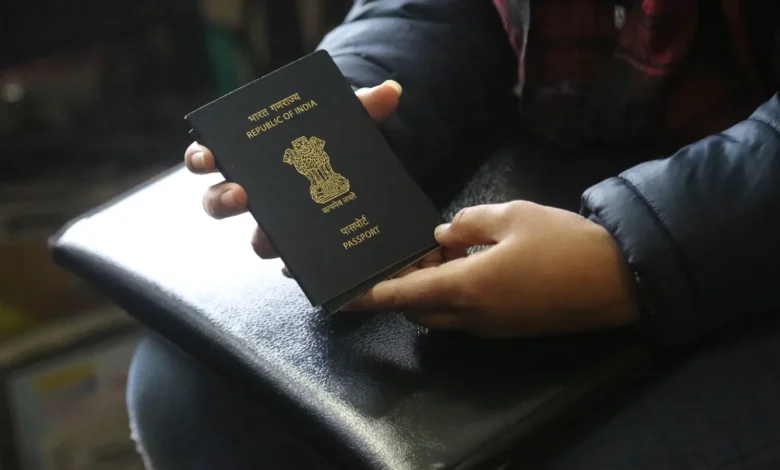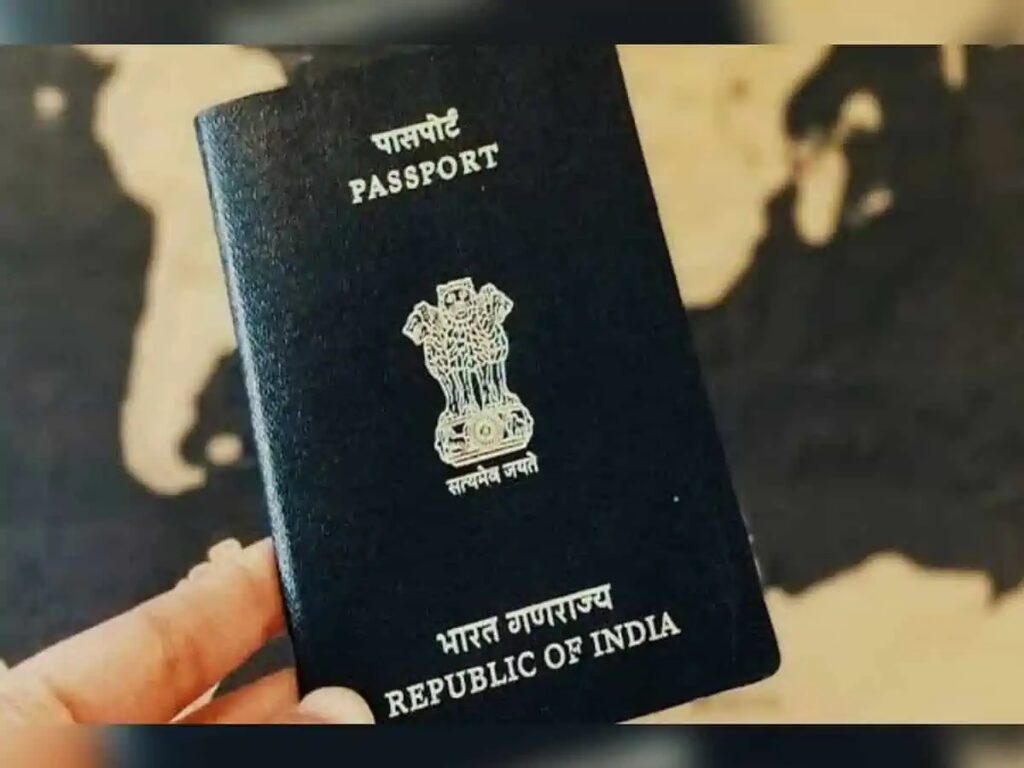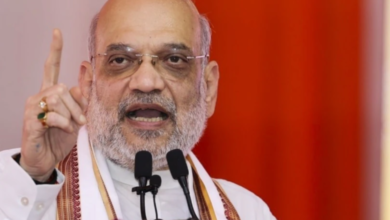More than 2 lakh Indians renounced their citizenship in 2023: Kirti Vardhan Singh
The minister elaborated on the government's efforts to harness the full potential of the diaspora.

In a recent statement presented in the Rajya Sabha, Kirti Vardhan Singh, the Minister of State for External Affairs, revealed that over 2.16 lakh Indians renounced their citizenship in 2023. This data was disclosed in response to a query raised in the Upper House regarding the number of Indian citizens who have relinquished their citizenship over the past five years. Singh’s revelation highlights a trend that has garnered significant attention and concern among policymakers and the public alike.
According to the official data provided by Kirti Vardhan Singh, the number of Indians renouncing their citizenship has fluctuated over the past years. In 2022, the figure stood at 2,25,620 (2.25 lakh), while in 2021, it was 1,63,370 (1.63 lakh). The year 2020 saw a lower number, with 85,256 renunciations, and in 2019, 1,44,017 (1.44 lakh) Indians gave up their citizenship. This trend of fluctuating numbers has prompted various questions regarding the underlying causes and implications of these renunciations.

Government Response and Diaspora Engagement
Raghav Chadha, a prominent leader from the Aam Aadmi Party (AAP), recently raised concerns in the Rajya Sabha about the increasing number of Indian citizenship renunciations. Chadha questioned the government about the reasons behind this high number of renunciations while highlighting the relatively low rate of new Indian citizenship applications. His inquiry also touched upon the potential financial and intellectual impact of these renunciations on the country.
In response to these concerns, Kirti Vardhan Singh emphasized that the reasons for individuals renouncing or acquiring citizenship are personal and varied. Singh stated, “The reasons for renouncing/taking citizenship are personal.” He also addressed the broader context of India’s engagement with its diaspora. According to Singh, the government recognizes the growing importance of the global workforce in the knowledge economy and has implemented changes to better engage with the Indian diaspora.

Singh highlighted that a successful, prosperous, and influential diaspora is a valuable asset for India. The government aims to leverage this asset by encouraging the sharing of knowledge and expertise among the diaspora. “India stands to gain a lot from tapping its diaspora networks and productive utilization of the soft power that comes from having such a flourishing diaspora,” Singh noted.
The minister elaborated on the government’s efforts to harness the full potential of the diaspora. This includes fostering connections and collaborations that can contribute to India’s growth and development. Singh’s statement underscores the government’s recognition of the diaspora’s role in enhancing India’s global presence and influence.
Implications and Future Outlook
The data provided by Kirti Vardhan Singh has sparked a broader discussion about the implications of high rates of citizenship renunciation. While the reasons for individual decisions to renounce citizenship are personal, the cumulative impact on the country’s intellectual and financial resources remains a subject of concern. Raghav Chadha’s questions reflect a growing awareness of the potential consequences of this trend.
The government’s response highlights a strategic approach to engaging with the diaspora. By emphasizing the value of a prosperous diaspora and focusing on knowledge-sharing and collaboration, the government aims to mitigate any potential negative impacts of citizenship renunciations. The success of these efforts will likely depend on how effectively the government can translate this engagement into tangible benefits for the country.
In conclusion, Kirti Vardhan Singh’s statement sheds light on the significant number of Indian citizenship renunciations and the government’s strategic response to this trend. As India continues to navigate the complexities of its relationship with its diaspora, the focus on leveraging the diaspora’s potential will be crucial in addressing the challenges and opportunities presented by these trends.
You might also be interested in – BJP drops to 86 seats in Rajya Sabha as 4 members complete terms; NDA 12 seats short of majority



